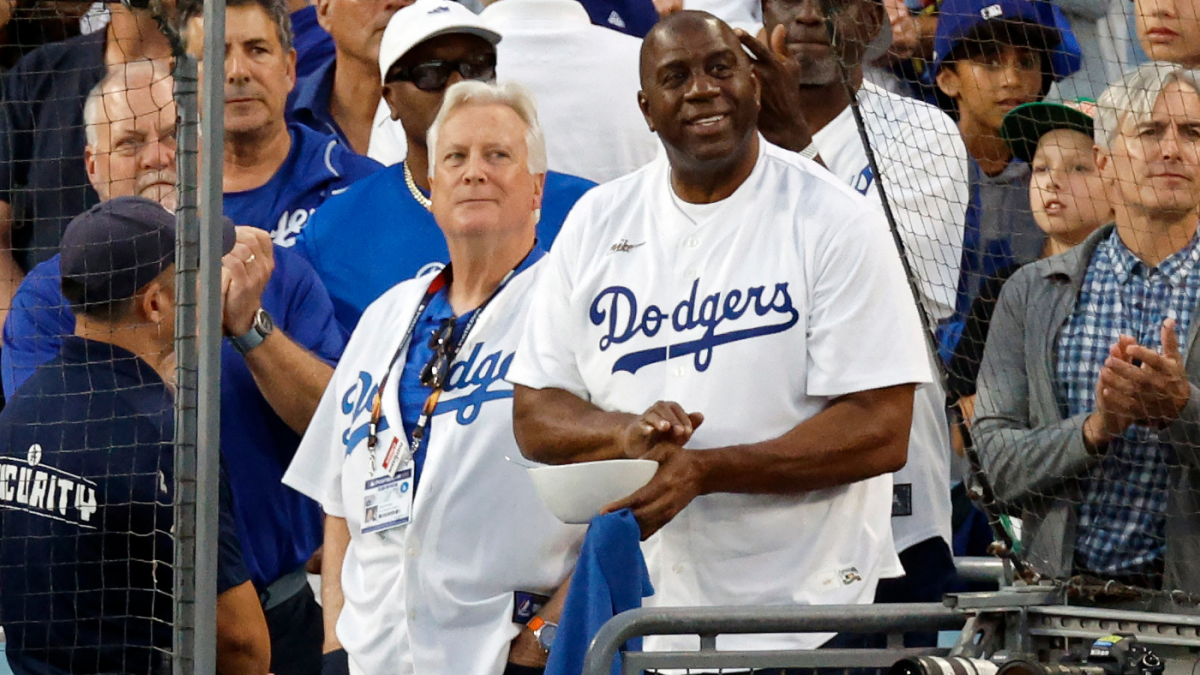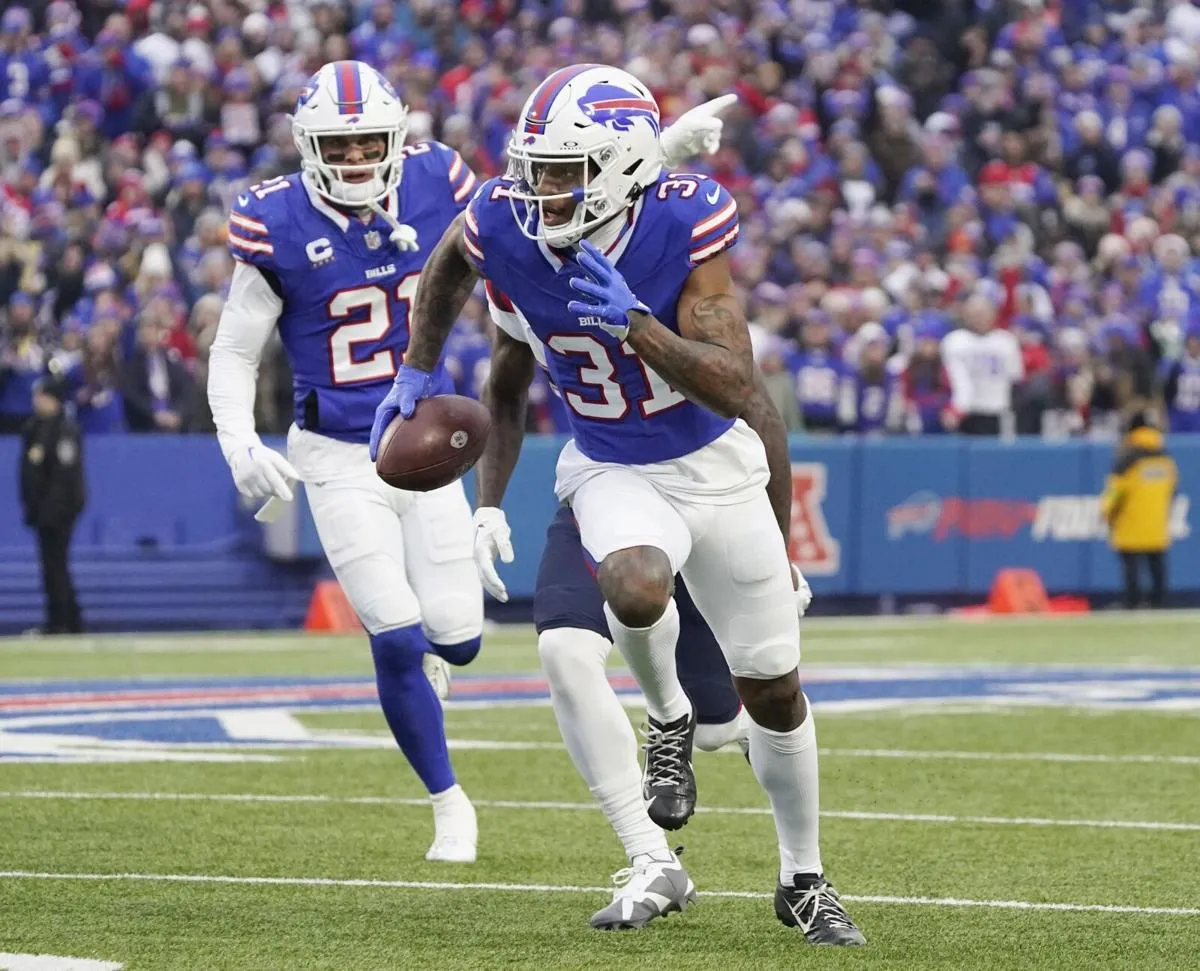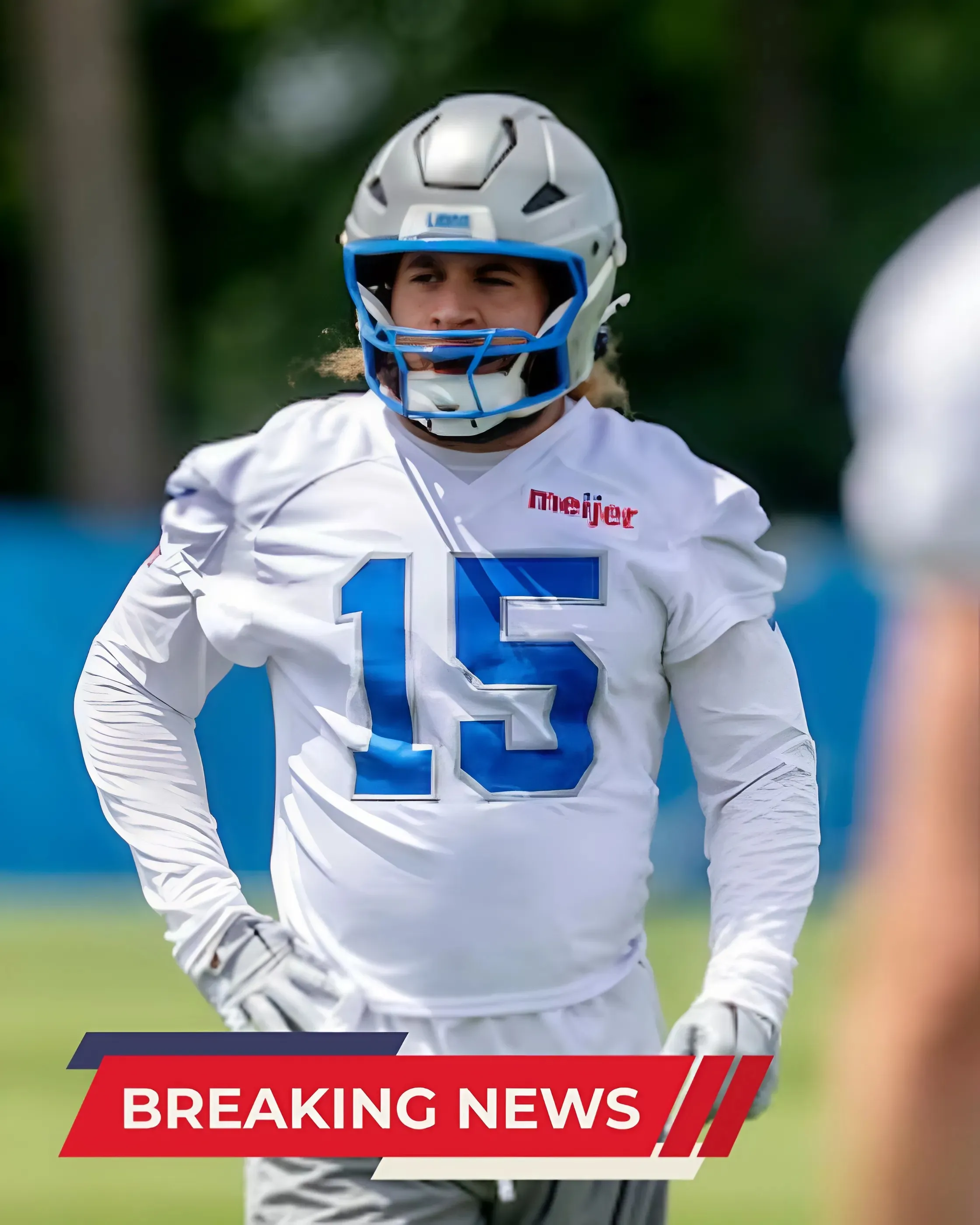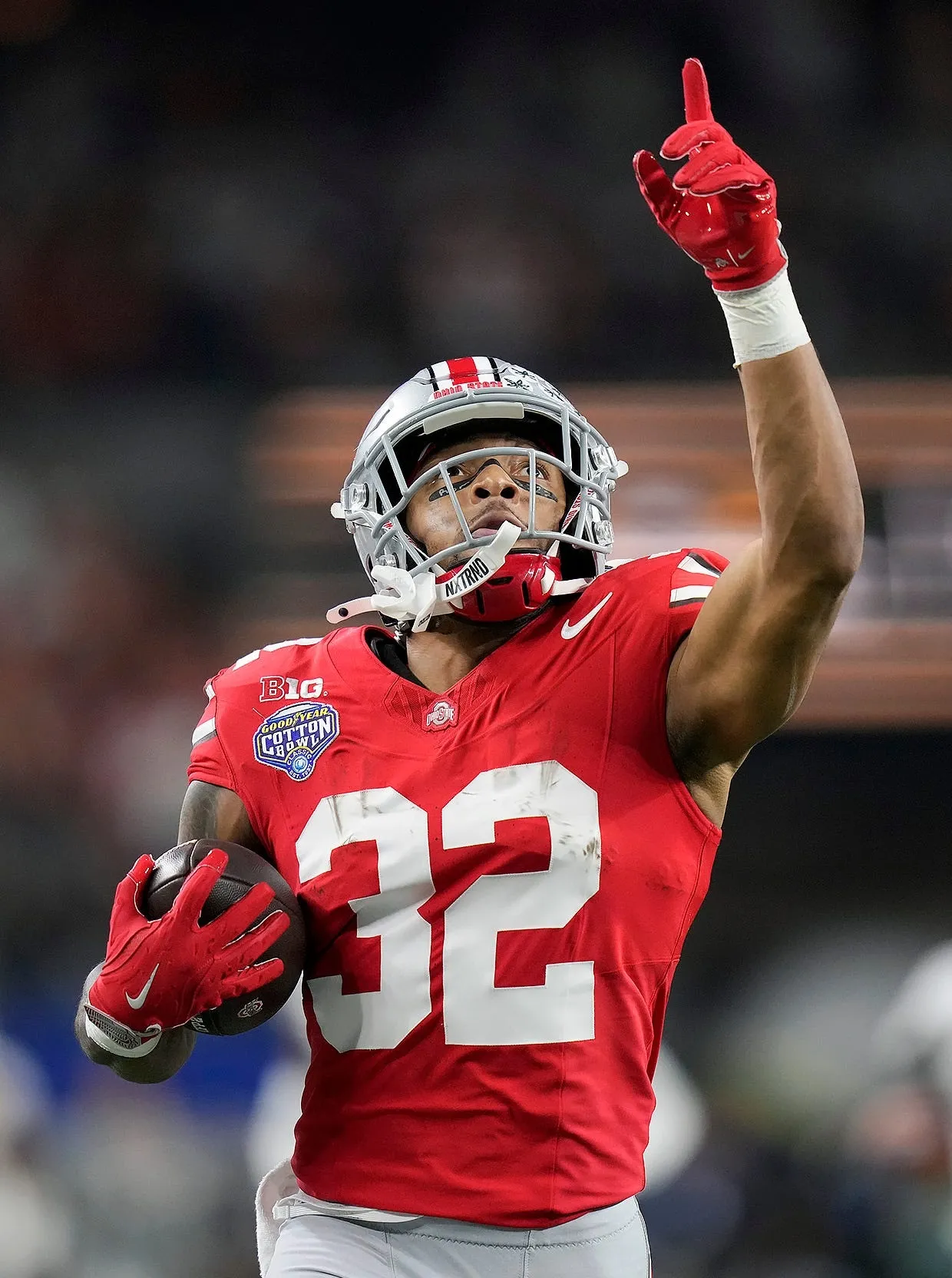The Los Angeles Lakers will soon be under the direction of new ownership. Word surfaced on Wednesday that the Buss family, stewards of the Lakers franchise since 1979, have reached an agreement in principle to sell the team for $10 billion. The incoming boss will be a familiar name to L.A. fans: Mark Walter, the owner of the Dodgers and the CEO of Guggenheim Partners.

Under Walter's supervision, the Dodgers have regained their longtime standing as one of the best franchises in Major League Baseball. Indeed, no team has won more regular season games over the last decade. The Dodgers have also secured a pair of World Series titles, in 2020 and 2024, and have laid claim to the National League West divisional title in all but one full season since Walter purchased the franchise for $2 billion during the 2012 season.
Walter will, in some ways, be tasked with the same challenge he inherited when he purchased the Dodgers in 2012. Namely, he'll need to restore one of the most prestigious and recognizable brands in professional sports back to its old glory. While there are myriad differences between running an MLB team and an NBA one -- an official salary cap and a player-empowered ecosystem among them -- Lakers fans should be heartened by Walter's track record with the Dodgers.
Just how did Walter turn the Dodgers into a premier franchise again? And can he work similar magic on the hardwood? Let's recap four lessons from Walter's Dodgers experience that ought to come in handy with the Lakers.
1. Hire the best people
Walter's ownership group included, among others, longtime Atlanta Braves executive Stan Kasten and Lakers legend Magic Johnson. But a key addition the group made came about two years later, when they hired Andrew Friedman to serve as the team's president of baseball operations.
Friedman had, to that point in his career, served as the architect for the Tampa Bay Rays. He had shown proficiency with balling on a budget thanks to his handle over advanced analytics and his deftness for exploiting market inefficiencies. If you're unfamiliar with baseball beyond the broad strokes, think of him as something akin to his generation's Billy Beane -- the main character of Moneyball. Friedman has since demonstrated that he also possesses an appetite for big, win-now moves that would be empowered by the Dodgers' financial might. More on that later though.
Friedman outfitted his front office with nearly as many stars as his clubhouse contained. Numbers of former and future general managers (Gerry Hunsicker, Josh Bynres, Farhan Zaidi, Alex Anthopoulos) and managers (Gabe Kapler, Clayton McCullough) have worked for the Dodgers since. That doesn't include current Dodgers general manager Brandon Gomes (who pitched for Friedman during their shared Tampa Bay days) or manager Dave Roberts, a winter 2015 hire.
The takeaway here is that Walter didn't just make a splashy hire (though Friedman qualified); he made sure to continue building out his organization with complimentary, high-grade thinkers.
2. Stay on the cutting edge
As noted above: Friedman, who worked in the financial industry before joining the Rays front office, has always been comfortable with statistics and with picking tomorrow's stars before they were shining bright in the sky for all to observe. His Rays teams were steadily an early adopter -- they were using exit velocity data before the concept hit the mainstream, and they helped popularize defensive shifts and other progressive tactics over the years.
Predictably, the Dodgers have remained at the forefront of the industry under Friedman and Walter's watch. That means in terms of analytics -- Los Angeles is prone to running job postings seeking candidates with strong probabilistic analysis and predictive modeling skills -- but it also means in terms of newer thoughts and approaches, including on the technology and technique fronts. For example, it's commonplace to hear stories about how the Dodgers identified this player or unlocked that player's upside using force places to gather biomechanical and kinesiology data.
Not everything the Dodgers have tried has paid off. At one point, they ran a "pinch-runner" academy to try to better develop base-stealers that never yielded anything tangible. They also provided seed money for a series of startups, earning unknown returns on those investments.
The encouraging thing, and whether this is because of Friedman or Walter is anyone's guess, is that they were able to avoid the so-called success trap: they didn't let winning ossify their methods or lure them into a false sense of confidence. They continued to push the boundaries. Even if that's more Friedman's doing than Walter's, the Lakers should have the blueprint for not just modernizing, but serving as their league's proverbial pace car in the race for the Next Big Idea.
3. Leverage financial might
If Lakers fans know nothing else about the Dodgers, they probably know that they've been able to steadily add some of the sport's best and highest-compensated players. Whether that's Shohei Ohtani, Yoshinobu Yamamoto, Mookie Betts, whoever. The Dodgers have an appetite for adding stars -- legitimate high-end performers -- no matter the cost in money, years, or tax fees.
You can observe as much by looking at where the Dodgers have ranked in payroll over the years. Since Walter's first full season at the helm in 2013, Los Angeles has checked in at first or second in MLB in Opening Day payroll on nine occasions. They've never ranked lower than fifth under Walter. (MLB teams often reset their luxury tax penalties by dipping below the line on occasion.)
Obviously, the NBA has tighter controls that prevent runaway spending. Walter is not going to be able to pay whatever he wants, even if he's willing to cover a hefty tax bill. But while there are plenty of owners who are OK with spending on players, Walter is one of a smaller group who understands the value in paying for what others may consider nonessential personnel -- like front-office and developmental staff. The Dodgers' sheer staffing headcount is one attribute that rival evaluators identify as part of their "secret sauce," so to speak. In short, the Dodgers are able to draw up personalized developmental plans and then, unlike many of their chief rivals, can leverage their staff counts so that those players get the needed attention.
The Lakers won't be able to take advantage of Walter's wealth or generosity in the same way. But, if there is an advantage to be gained, the price point likely won't stand in the way.
4. Stay out of the way
Despite heading MLB's most successful franchise, Walter himself rarely makes headlines. He doesn't tweet up a storm; he doesn't have a son who yaps away to the press; none of that. His level of involvement in day-to-day operations is virtually unknown to those outside the organization, and it's notable that Walter never gave in to the impulse that other owners may have by firing Friedman or Roberts after repeated failures to win a World Series prior to 2020.
In that sense, Walter fits the perfect owner archetype: someone confident enough to stick by and spend on his vision of how the franchise should be operated, yet humble enough to stand aside and let his hires do their jobs.
It's not an easy balance to strike, but Walter has had plenty of experience finding the sweet spot. And, perhaps most encouragingly for Lakers fans, an ample amount of success, too.



